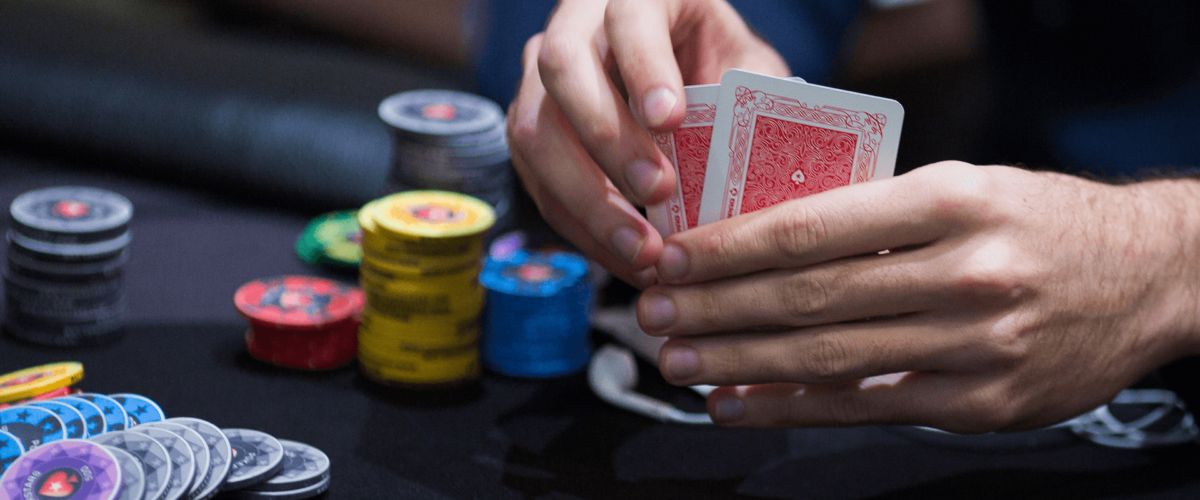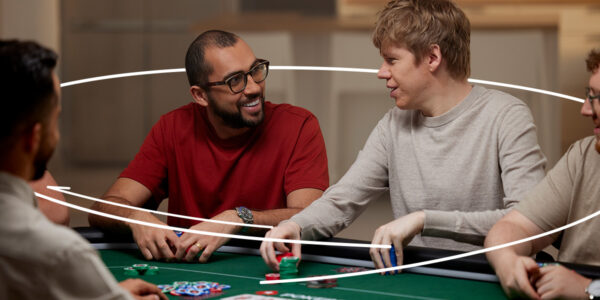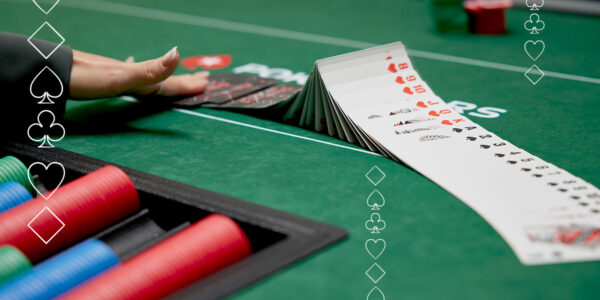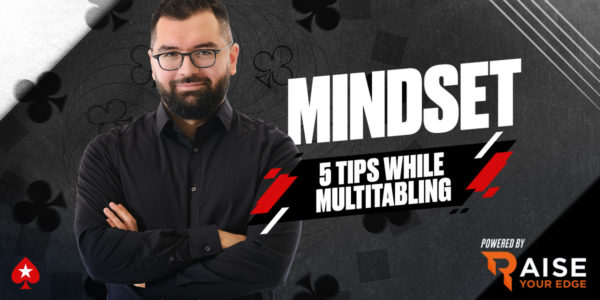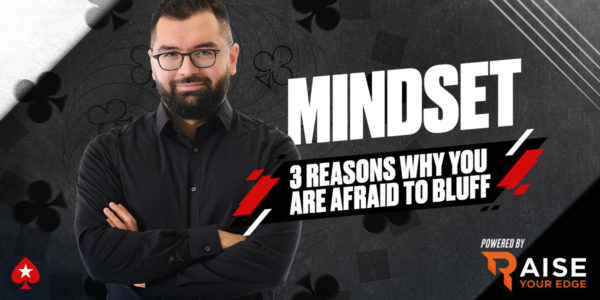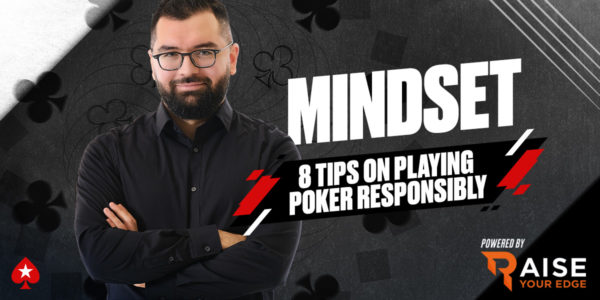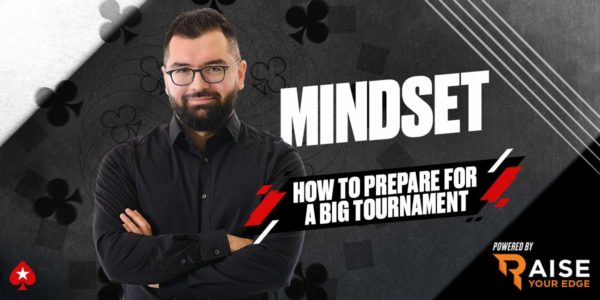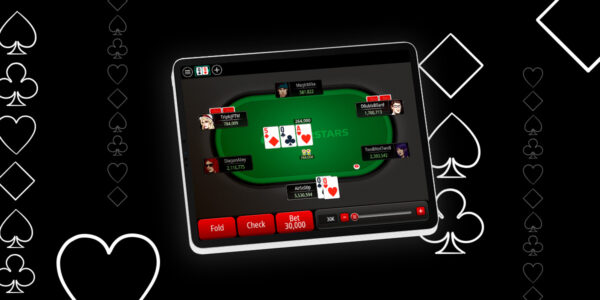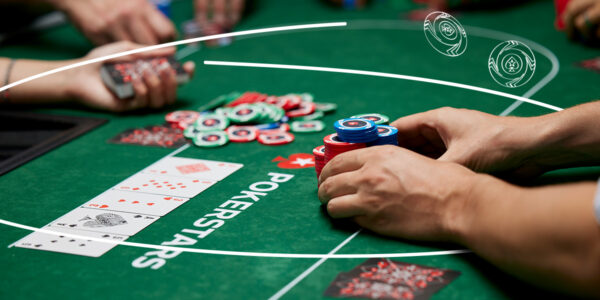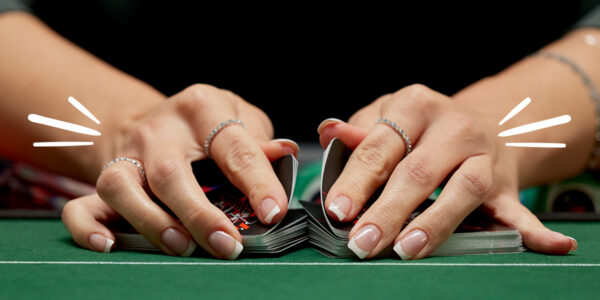8 Healthy Habits for Improving your Game
Habits are the nuts! Why? Because they come from the subconscious mind, which has far superior processing power to the conscious mind. Imagine the poker player’s mind as a computer. Having too much going on can slow things down, but when information is learned so well that it becomes stored, that precious RAM (or conscious thought) is no longer required to utilise those concepts. Here are some habits that you should consider committing to your subconscious so that it’s almost impossible NOT to do them.
Scan the Table Before you Act Pre-Flop
Scanning is nothing more than a skim read of the player types behind you. If you’re running a HUD, you will be able to glance at stats and this is mandatory if you want to improve your edge in ZOOM games where the line up changes with every hand. Scanning allows us to find looser open raises than we might normally get away with; and notice non-standard stack sizes who might shove over us, significantly changing our opening range and lowering our sizing. Scanning also enables us to avoid marginal opens on tables with a lot of light 3-bettors still to act.
Ignore How Much You’re up or Down
Results orientation lies at the heart of most types of tilt and wreaks havoc on the average player’s mental game. This poker sickness feeds off of the regular monitoring of short-term results, which; let’s face it, simply don’t matter in poker. The habit of never looking at your bankroll or tracking software graphs in the short-term helps you to remain objective and focussed on the choices at hand. Such an outlook is vital and will protect your emotions from getting swept away in the sea of variance.

Review your Sessions Shortly Afterwards
With hand review, and when to do it, there is a definite sweet spot. On the one hand, you don’t want to jump into hand review when you’re still reeling from the outcome of a hand or frazzled from a long session. On the other hand, you don’t want to leave hand review for so long that you no longer remember your thought processes at the time. The thoughts you had during the hand are typical of your actual thought process at the table and so scrutinising them and finding improvements is a sure way to get better. Regular hand review bridges the gap nicely between concepts learned and concepts applied. We really can’t do without it.
Hands off the Mouse in Big Pots
This nifty little habit protects us from making instinctive calls, shoves, folds etc. before we’ve had time to process the full nature of the situation. Instant clicks cost a lot of money, even in small pots, but the big pot is typically where adrenaline levels start to increase, and this may give rise to a fight or flight instinct trying to take over the mind. Let your emotions return to normal for a few seconds before thinking through the spot. Only then should clicking a button be allowed, time bank permitting, of course.
If in Doubt, 3-Bet Rather than Call
Calling an open allows the players behind to squeeze us out of pots and guarantees that we will pay rake if we are lucky enough to see the flop. Entering the pot for a 3-Bet will often enable us to win the pot rake free and will make the players behind think twice before coming along, even with some fairly strong holdings. In order for calling an open from the HJ, CO, BU, or SB to be sensible, we normally want to have a specific reason for it, such as the opener is very weak and so we want to set mine our 33; or perhaps there is a weaker player in the big blind whom we would like to draw into the pot. Otherwise, default to 3-Betting which is likely to be higher EV.
Do Not Play when Exhausted, Hungry or Stressed
Some winning players would actually be losers if you looked only at sessions they played while in one of these three sub-optimal states. Exhaustion leads to sloppy play and missing key details. Hunger can cause irritability and a lack of patience. Stress is likely to magnify all of the mental game issues you normally suffer from, causing them to have a much more profound impact on your win-rate. Try to manage your life so that you take a break between work and poker; eat dinner and allow time for digestion before playing and be aware of your stress levels before opening up a session. It is possible to spend poker time in other ways than putting in volume at the tables. Videos, podcasts, and streams could be an excellent way to spend poker time when in one of these three states, where playing is likely to end badly.
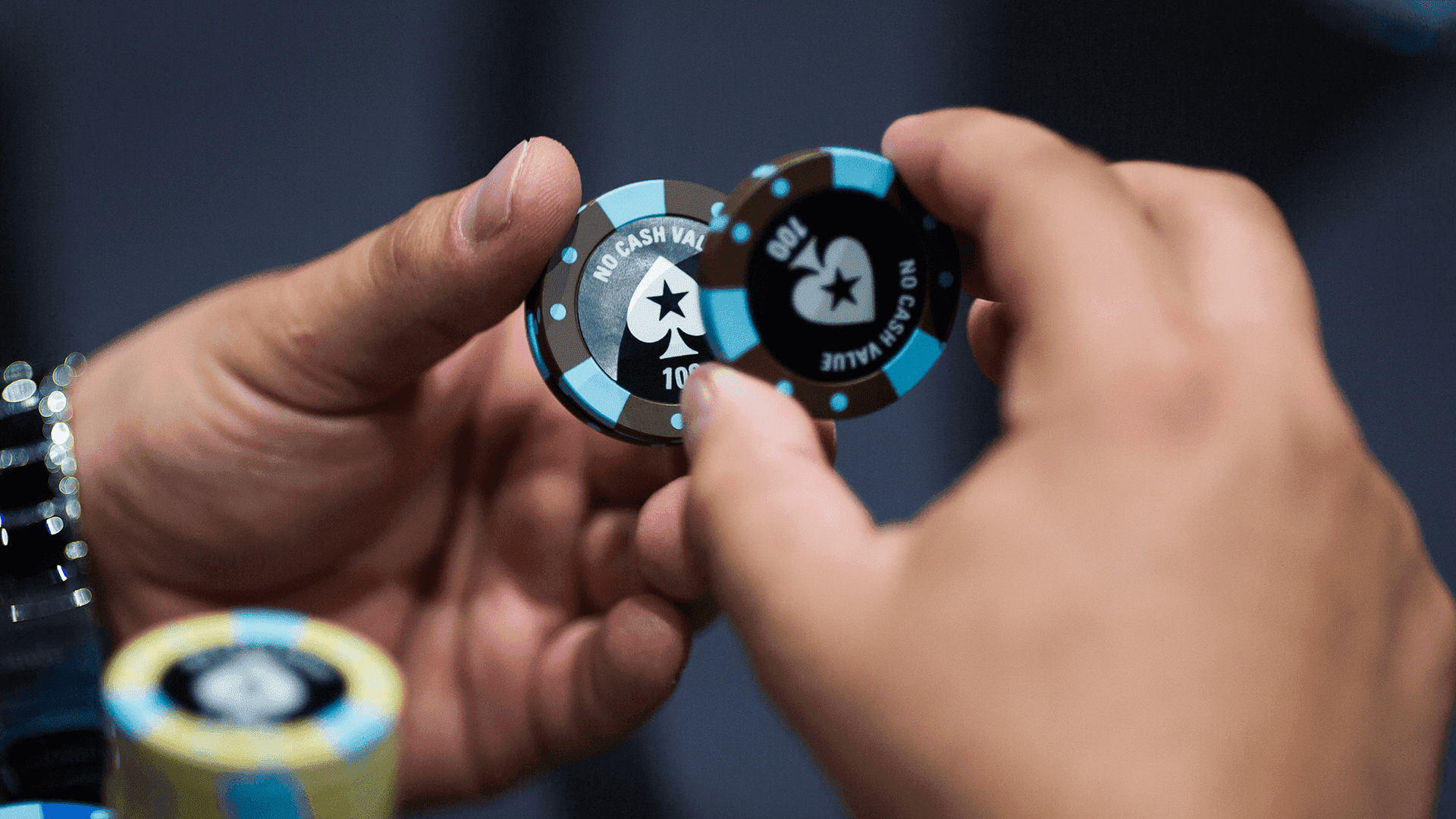
Practice Hand Reading
A great way to go about honing your skills in this vital part of the game is to go through a hand you have recently played street by street and try to put your opponent on a rough range of hands. Which hands are more consistent or less consistent with his actions? How much air can he make it to the river with given the run-out and his player type? What does it usually mean in the population at the stakes you play when a regular takes this line? These questions and more will make you better at judging when you can exploit people by making big folds or big calls and will build your awareness of how your opponents are thinking about the game. The key to successful hand reading not to be too specific and assume things you cannot know, but also not to be too vague. ‘He might be bluffing me here’ is a useless vague statement and could be plain wrong if it is difficult for a tight player to reach the river with air in the first place.
Warm up for a Session
Warming up is all about preparing the mind for battle. Just as an athlete might stretch or jog a little to get the blood pumping, we as poker players, want to get the cogs turning in the right way before we sit down to play. Revising concepts that you already know and going over your notes from a hand review you did the day before are excellent ways to warm up. Try to avoid digesting lots of new material during your warm up as this is likely to damage your web of poker beliefs. Introducing too many poorly understood things will create chaos and upset the rhythm of your session.
Condimentum Nibh
Donec sed odio dui. Cras mattis consectetur purus sit amet fermentum. Vestibulum id ligula porta felis euismod semper. Curabitur blandit tempus porttitor.
